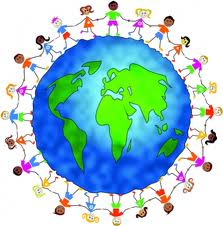One of the wonderful benefits of therapy is increased insight into our personal patterns. Some patterns have evolved from habits, while others are familial patterns that we have learned growing up. But whatever the source, these patterns have a strong hold in our lives and our decisions.
It has been my observation over the years that most of us experience the same patterns in our lives over and over with slightly different overtones. Have you ever heard of the idea in which we chose partners that are very similar? Most of us play out the same roles and challenges with different people and usually we are not aware of the pattern in which we are entrenched. An example can include being attracted over and over people who are married, over indulge in alcohol, spend an excessive amount of time and money on their looks, etc. Fill in your own blank. Very often, however, we play out these familiar patterns in various aspects of our lives such as work, health and relationships in general.
Personal insight brings with it freedom. As we become conscious of our belief systems and the reasons behind our behaviors and actions, we can then chose to change and thus break free from patterns we have played out for years. When this occurs, we are then in control of our lives rather than constantly reacting to environmental and/or emotional factors around us.
Overcoming personal patterns correlates with an increased feeling of freedom, sense of control, happiness and overall well being. Can you identify your personal patterns?

Image courtesy of RGBStock.com
*The views expressed by our authors are personal opinions and do not necessarily reflect the views of the CCPA
 Children are naturally inquisitive and curious. They believe that everything is possible and have a strong belief in themselves and their abilities. A survey of young children resulted in 50% of the kids in a classroom boasting they were the fastest runners in their class.
Children are naturally inquisitive and curious. They believe that everything is possible and have a strong belief in themselves and their abilities. A survey of young children resulted in 50% of the kids in a classroom boasting they were the fastest runners in their class.


